The question was asked first on LinkedIn where other answers can be found. My answer was:
“When I was younger, I thought commitment was simply a matter of choice. But then I figured out that I could change my choices since they were really set up by someone else in the first place. If I chose door A, instead of B, or C, I could come back and choose B or C another time. It seemed everything was a matter of pleasure and pain until I realized that merry-go-round was on a horizontal plane. Dizziness didn't do well with me. In the end I felt like I was boxed in.
When a little older, I thought commitment was a matter of judgement. I went on a search for rules to apply to my live and to others'. As a lawyer, I ran all the traps, learned all the assumptions I could so I could argue with the best, not only in law, but ethics, morality, philosophy, religion, etc. But this only put me on the box, not out of the box as I had hoped. By changing evidence of facts or assumptions in the rasoning, I could arrive at a different result. It was especially troubling to discover the ultimately hypothetical nature of fact determination and reasoning. I found this disconcerting and not at all what I expected in commitment.
Then finally, thank God, I discovered how decision-making works. Only when we make a decision are we committed. Short of that we have not acheived what we desire.
An easy way to think of this is the story going around about the chicken and the pig. Both claim to have made a decision to work with you. But the chicken is only willing to provide an egg, while the pig commits his bacon. Please let me know if you want to know more about my thoughts on decision-making. There are many models, but one I've come upon is more satisfying than all the rest.”
What do you think?
Please include your comment here or contact me to discuss.
Thanks.
John Darrouzet
for people who want to make better decisions
The Decision-Maker's Path (tm)...
Quick Overview
Blog Archive
-
▼
2008
(132)
-
▼
March
(81)
-
▼
Mar 01
(36)
- How would you want to be approached by someone who...
- What is the best way to fire someone?
- The proverbial silver bullet -- does it exist?
- WHY: When it comes to trust, trust your gut.
- Questions and Answers on the Decision-Maker’s Path™
- What process do you use in decision making?
- How does one find happiness in the workplace?
- According to you, what is Success? Whom do you con...
- Help Me Understand the Need to Be Right
- How should September 11th be memorialized?
- Have you ever had a prophetic dream or vision?
- How do you think?
- Best book to read while on a business trip?
- What makes a movie trailer Great?
- Do you believe in the bell curve of intelligence a...
- How do you know when you are deceiving yourself?
- How much?
- In a world driven by commerce and profit, what doe...
- Role of Spirituality in your Professional Success?
- Are you part of the creative solution or an uncons...
- What is your integrity-based decision making proce...
- When did you know you were committed?
- A personal question: What is one of the most memor...
- How is it possible not to think too much?
- What are the sources of disruption to your ideal p...
- What makes you Unique? And, after all, what makes ...
- Why is change regarded as a 'soft' area?
- What do you consider are the key components/tools/...
- How can I raise a total of 200.000.000 euro for in...
- If "legally" given a choice...
- What determined your career path?
- What is the role of "spirituality" in your work life?
- Strategic planning (for small businesses)
- Why do organizations need managers AND leaders?
- If better leadership produces better results why d...
- How do you effectively integrate strategic and tac...
-
▼
Mar 01
(36)
-
▼
March
(81)
Discovering the centers ...

... of embedded insights
MOVIES FOR DECISION-MAKERS
Below are the cover images of movies for decision-makers, with clues to better decision-making.
Romero: the significant decision
"I know men and I tell you that Jesus Christ is no mere man. Between Him and every other person in the world there is no possible term of comparison. Alexander, Caesar, Charlemagne, and I have founded empires. But on what did we rest the creation of our genius? Upon force. Jesus Christ founded His empire upon love; and at this hour millions of men would die for Him."
--Napoleon
Decision-making: like climbing ...

a spiral staircase...one step at a time.
John Darrouzet
Special Counsel for Decision-Makers
Links
Followers
Subscribe To
********************* Advertising Disclaimer *********************
NOTE WELL:
Allowing the placement of the ads set out below should not be interpreted to constitute an endorsement or recommendation in any way by Special Counsel for Decision-Making or John Darrouzet of the content or programs referred to therein by the advertisers.
*****************************************************************************************************************************************
Allowing the placement of the ads set out below should not be interpreted to constitute an endorsement or recommendation in any way by Special Counsel for Decision-Making or John Darrouzet of the content or programs referred to therein by the advertisers.
*****************************************************************************************************************************************
*************************** Legal Notice **************************
Decision-Maker's Path (tm) trademark by, and blog content copyright © 2008, John Darrouzet. All rights reserved.
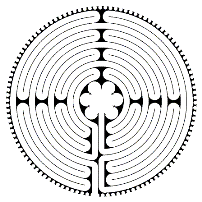
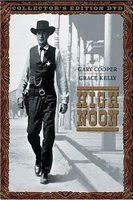





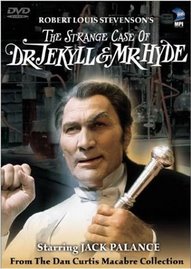

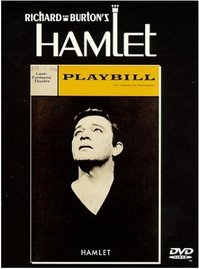
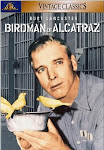
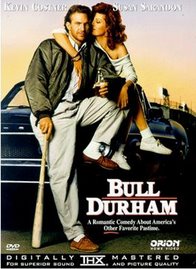
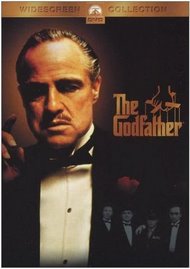
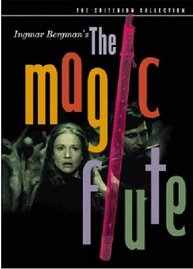

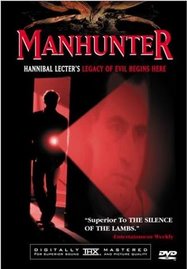


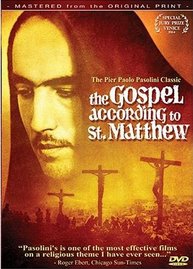
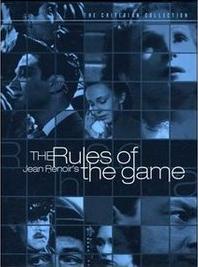
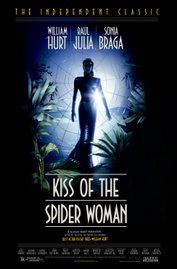
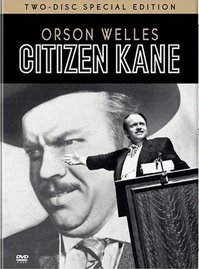

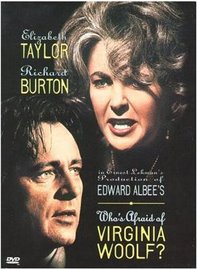
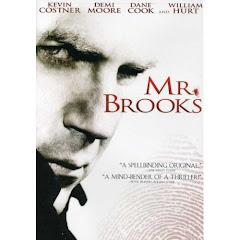
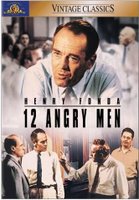

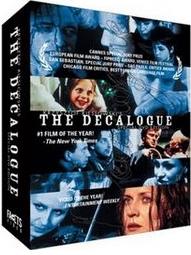

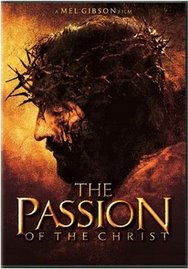






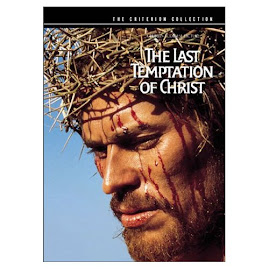
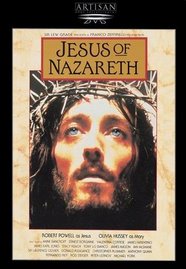



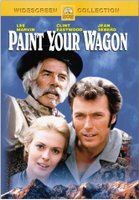
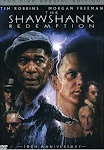


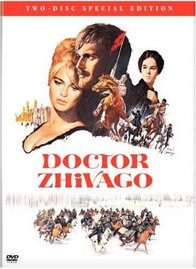


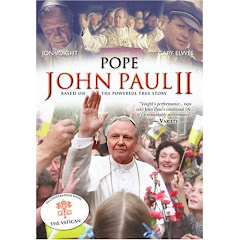
No comments:
Post a Comment